
Reverse Mergers
Taking a Company Public Without an IPO
Recommendation
Only a few years ago, it seemed that nearly every company was going public with an IPO. Now many quality companies are locked out of the IPO market, but companies have other ways to go public. One of the most popular paths is a "reverse merger." In this transaction, your private company merges into a public company (often a "shell") and controls it, giving you a public stock with which to raise capital. This may sound shady, but it’s not: many well-known companies have gone public through reverse mergers, including Warren Buffett’s Berkshire Hathaway, Turner Broadcasting System, Occidental Petroleum and Blockbuster Entertainment. Experienced Wall Street securities attorney David N. Feldman takes you through the reverse merger process in detail. The book is wonderfully clear and thorough, and should become the definitive textbook on reverse mergers. It is, however, a dry read. A profusion of technical rules and especially acronyms (SPAC, SOX, Form 10-B, Rule 419, Regulation A, SB-2, PIPE) make the book slightly MEGO (My Eyes Glaze Over) for the uninitiated - but then, they are not its target audience. getAbstract enthusiastically recommends this book to sophisticated investors, lawyers, accountants, investment bankers and executives who want all the details on this increasingly popular financing technique.
Summary
About the Authors
David N. Feldman is a securities lawyer, and the founder and managing partner of a New York City law firm. Contributor Steven Dresner is the founder of a media company, and the co-author and editor of PIPEs: A Guide to Private Investments in Public Equity.


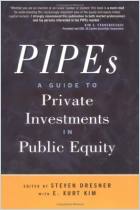

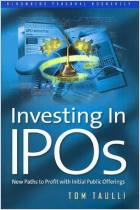
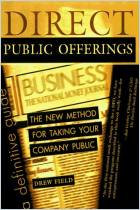
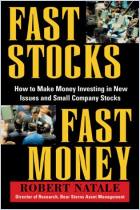
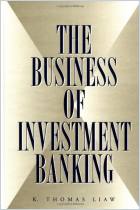
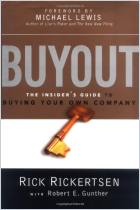







Comment on this summary